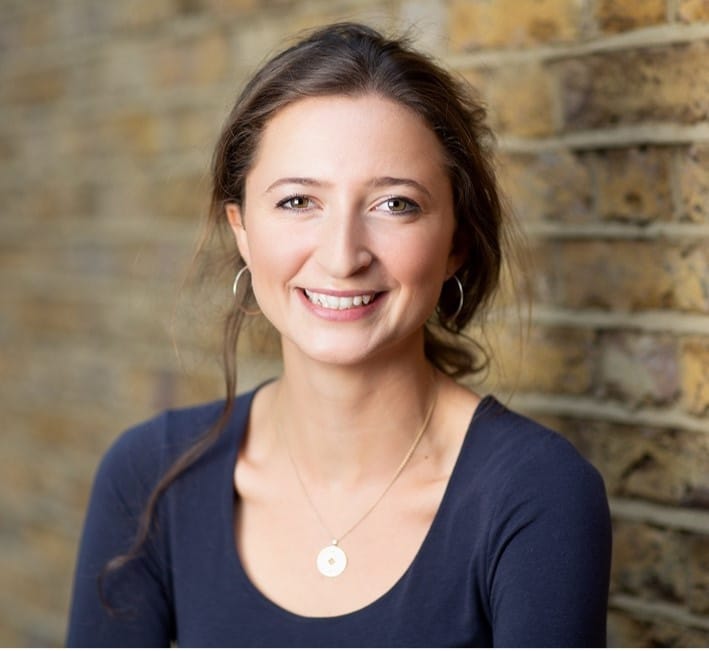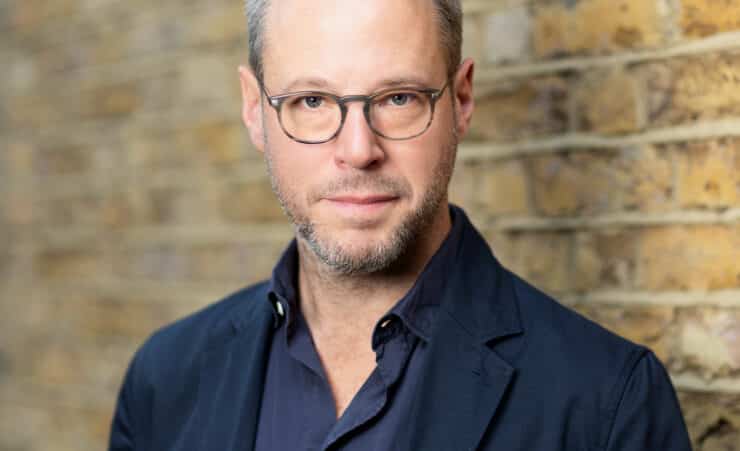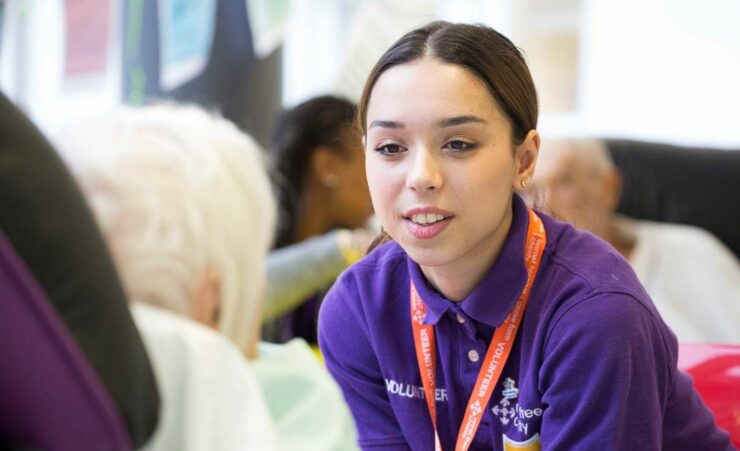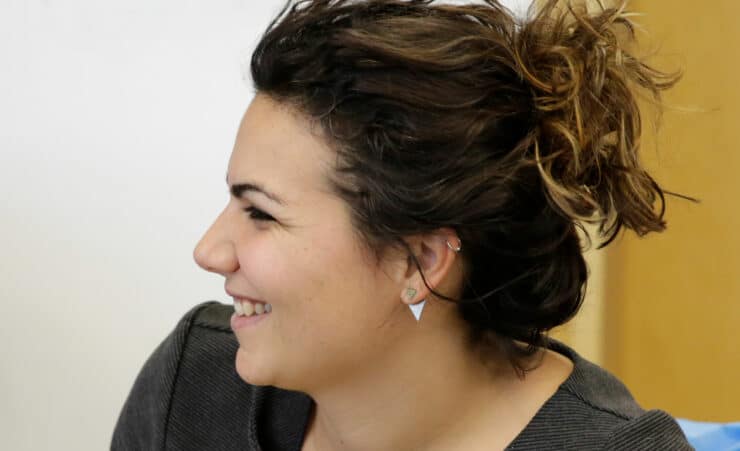
Learning from the Pears #iwill Fund Network: Creating enabling environments for young volunteers in healthcare
Since 2018, 32 NHS Trusts and their respective charities have been welcoming young volunteers into their hospitals. Funded through Pears #iwill Fund, these Trusts joined a network to support each other, share their experiences and reflect on what it takes to support young volunteers in hospital settings. I was the project manager for our work as the learning partner for the Fund between 2017 and 2022. Six months on from stepping away from this network, I have reflected on how NHS Trusts are creating enabling environments for young people within healthcare settings.
Three features stand out to me from our learning:
- Developing a culture of inclusion and care
- A willingness to adapt and respond to feedback from young volunteers
- Creating layers of support around young people – connecting with local allies and partners
While our learning is specifically on youth volunteering in healthcare settings, these points may be useful prompts to those outside of the health sector wanting to create enabling environments for young people.
1. Developing a culture of inclusion and care.
NHS Trusts worked to embrace youth volunteering throughout their entire organisational culture. This takes time, patience and commitment. In our role as learning partner, we worked with Marisa Batson who was the Strategic Relationship Development and Engagement Manager in the Voluntary Partnerships Team for NHS England and NHS Improvement. She reflected that ‘[Trusts] are looking at equality and diversity as an organisational imperative’ which extends to their youth volunteering services. Trusts are creating an inclusive culture that values and responds to individual young people’s needs, and are working to build this throughout the entire organisation. In this way Trusts were able to ensure youth volunteering wasn’t siloed. One young volunteer described the ‘feeling of solidarity in hospitals.’
2. A willingness to adapt and respond to feedback from young volunteers
NHS Trusts have developed a wide range of volunteering roles, support processes, and feedback loops to accommodate young volunteers of different ages and backgrounds. Many Trusts are adapting existing roles to young people’s needs and skillsets, and focusing on quality rather than quantity of hours (for example, matching up young people to tailored roles). Teams have developed spaces for young people to share their hopes for volunteering, as well as share feedback about their experiences within different roles. These feedback loops allow staff to think carefully about each young volunteer on an individual basis and how to create a motivating environment for them. Some Trusts have developed young volunteer engagement groups and Young Person’s Advisory Groups (YPAG) – these are spaces for young volunteers to come together to discuss their experiences at the Trust and to shape future volunteering roles. Young volunteers describe these groups as a way to ‘get young people’s voices heard’ and aim to ‘make the hospital more young-person centred and accessible.’ Read more about one volunteers’ experience of Birmingham Women’s and Children’s Hospital YPAG.
3. Creating layers of support around young people by connecting with colleagues, local allies and partners
From our work with this network of NHS Trusts, we’ve heard about the enabling environments young people can access through volunteering opportunities in their local healthcare settings. Through these opportunities young people have increased their confidence, skills and wellbeing; prepared for future careers; and developed a sense of purpose and connection to their local community. Trusts have also seen the rewards. Young volunteers bring specific qualities like ideas, energy and enthusiasm, as well as additional capacity to reduce pressures facing teams and clinicians, allowing staff to dedicate resource and time with patients. Centring the voices of young people was a crucial factor to create enabling environments where young people can thrive.
*The #iwill Fund is made possible thanks to a joint investment from The National Lottery Community Fund (NLCF) and the Department for Digital, Culture, Media and Sport (DCMS) to support young people to access high quality social action opportunities. In 2017, Pears Foundation became a match-funder of the #iwill Fund, and, in partnership with DCMS and NLCF, created the Pears #iwill Fund to support the creation of new youth social action opportunities in health and social care, education and the environment. As part of this work, the Pears #iwill Fund has supported youth volunteering in NHS Trusts across England.


